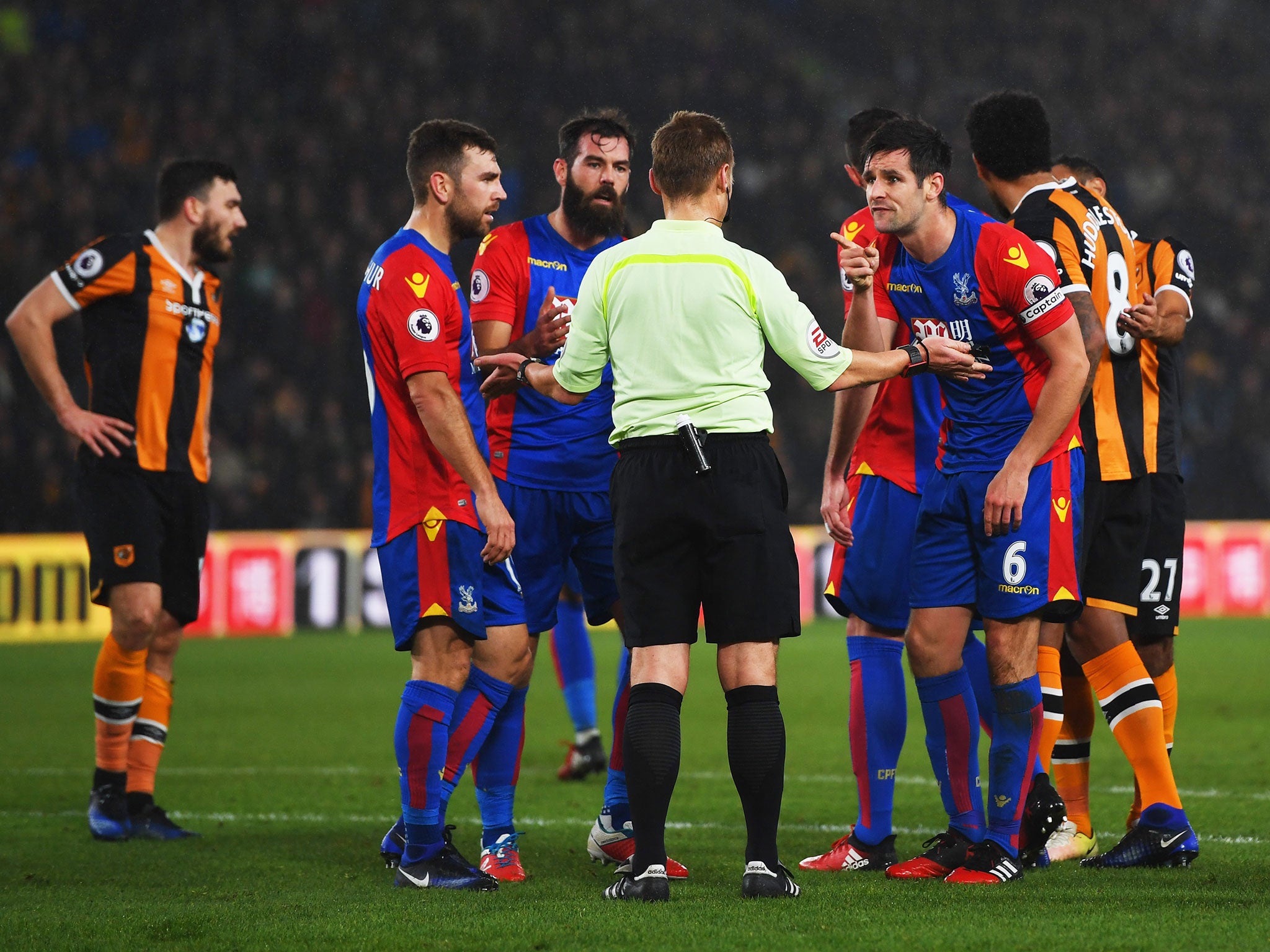Proposed changes to football laws could usher in 'quiet revolution'
New proposals are under discussion by football's law-making body, the International Football Association Board

Your support helps us to tell the story
From reproductive rights to climate change to Big Tech, The Independent is on the ground when the story is developing. Whether it's investigating the financials of Elon Musk's pro-Trump PAC or producing our latest documentary, 'The A Word', which shines a light on the American women fighting for reproductive rights, we know how important it is to parse out the facts from the messaging.
At such a critical moment in US history, we need reporters on the ground. Your donation allows us to keep sending journalists to speak to both sides of the story.
The Independent is trusted by Americans across the entire political spectrum. And unlike many other quality news outlets, we choose not to lock Americans out of our reporting and analysis with paywalls. We believe quality journalism should be available to everyone, paid for by those who can afford it.
Your support makes all the difference.Penalty goals, dribbling from free kicks and corners, and points deductions for mobbing the referee are among a crop of radical proposals for discussion by football's law-making body, the International Football Association Board.
IFAB's technical director David Elleray, the former English referee, is behind a strategy document which he describes as 'a quiet revolution'.
Under the proposals players would be allowed to play free kicks and corners to themselves instead of passing; the ball need not be stationary for a free kick; a penalty would be awarded for a goalkeeper handling a back pass; and a penalty goal could be given if an outfield player handles on or close to the goal line.
Possible changes to time keeping include the whistle only being blown for half time and full time when the ball goes out of play; and using 60 minutes of actual playing time rather than 90 overall minutes as at present.

Teams could also be docked points for surrounding a referee.
Minor amendments include a goal kick not having to leave the penalty area before a defender touches it and a goal kick being awarded if a player misses a penalty kick, instead of any follow up being allowed.
"You could say it is a quiet revolution aimed at getting football even better," Elleray told The Times.
"My starting point was to look at the laws and say 'what are they for?' and if there is no particular reason then would changing them make the game better?"
A long-term supporter of video assistance for referees, Elleray believes trials are going well and improving behaviour.

"Players know they cannot get away with things such as violent conduct and bad tackles," he said.
The strategy document, called Play Fair, will be discussed over the next few months, before the 2018 IFAB annual general meeting, in March, which will decide which proposals should be trialled in competitive matches.
"The underlying philosophy of 'Play Fair' is a call to the conscience of everyone involved in football," said a statement on the IFAB website.
Reuters
Join our commenting forum
Join thought-provoking conversations, follow other Independent readers and see their replies
0Comments